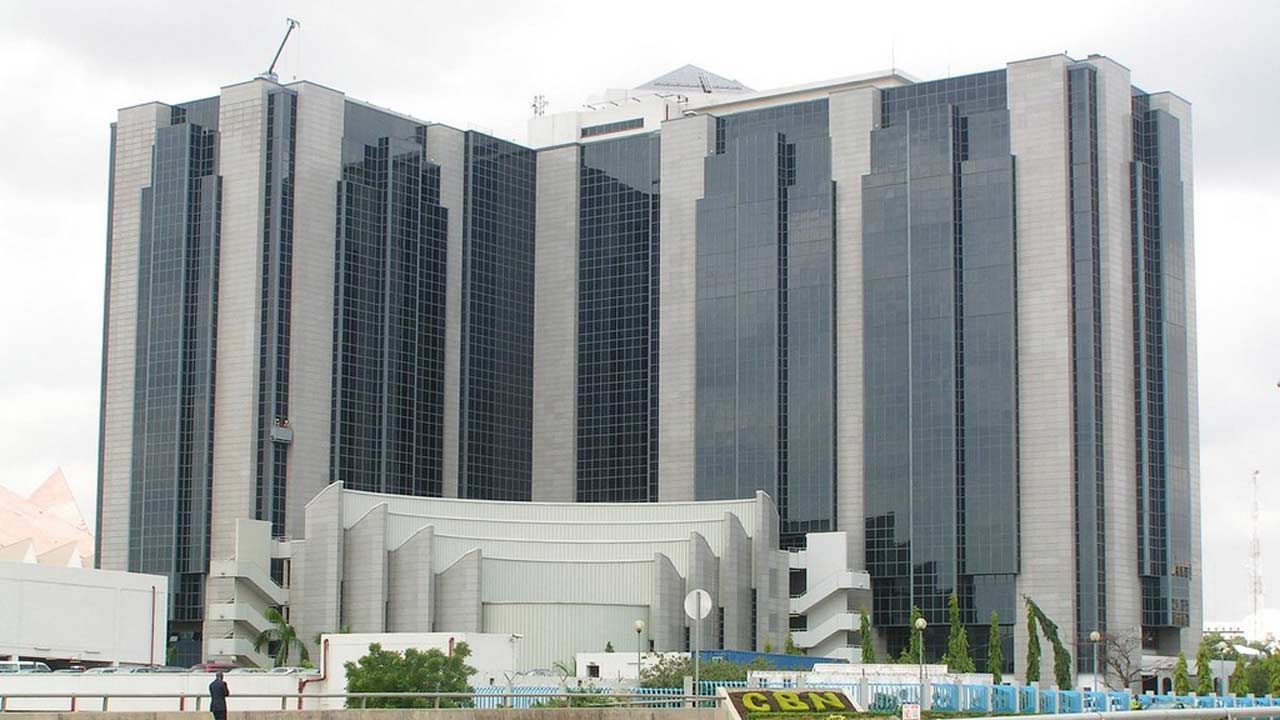
Why Nigeria is stuck in a cycle of sharp devaluations
Regarding cash depreciation in Nigeria, the strategic approach is that the greater, the better by all accounts. The devaluation of cash is typically abrupt and sharp, unleashing destruction on individuals and organizations. One may consider what qualifies as a sharp downgrading. I determine this by taking the swelling differential between the US and Nigeria, which is around 10%.
In principle, the swelling differential is a rough gauge of what the Naira ought to lose against the dollar every year. Verifiably, Nigeria has had 14 scenes of these sharp money debasements since 1981. The nine years somewhere in the range of 1985 and 1993 were especially pulverizing with eight scenes of sharp depreciation and the normal degrading each year at around 29%. As of late, while this has gotten less vicious, it is as yet a major worry as the Naira debilitated by a normal of 16% every year somewhere in the range of 2015 and 2020.
Visit TradeNaira for more Nigeria business news.
What number of these scenes can Nigerians and organizations endure? It is difficult to say, yet every scene debilitates monetary possibilities and disincentivizes working together, saving and speculation. Numerous organizations that have left Nigeria quality this choice to cash burdens. An illustration of ongoing is Shoprite's choice to diminish its openness to Nigeria.
While one can contend that expansion is a more critical thought, the normal Nigerian is likewise presented to cash developments through food, petroleum and power costs. Not exclusively are their livelihoods influenced, so likewise is their riches. We are currently seeing FinTechs forcefully drive the appropriation of dollar ventures among Nigerians for abundance security.
There are numerous reasons why this is pervasive in Nigeria. The greatest is the high reliance on oil trades for more than 90% of complete fares and frail macroeconomic approaches as high swelling and a fixed conversion standard system.
Oil costs are volatile because of stuns (unanticipated occasions that influence demand and supply altogether) in the oil market. Past scenes of this stun incorporate both negative – falling costs – and positive – rising costs. In the negative case, ongoing stuns with more than a 30 per cent decrease in oil cost were knowledgeable about 2008, 2014, 2015 and 2020. Consequently, there was a short, to medium-term recovery for these scenes, even the COVID-initiated stun.
 CBN
CBN
Be that as it may, this frequently includes some significant pitfalls to oil creation since OPEC and other oil-delivering nations slice yield to help costs. In 2020, for example, Nigeria's oil yield fell by more than 20%, even as oil cost directed 24.3 per cent. This one-two punch has been especially wrecking for Nigeria, which has neglected to support oil creation past 2.0 million barrels each day for over 40 years.
There is little relief from different wellsprings of FX supply. Settlements are versatile; however, this isn't sufficient to balance declining unfamiliar venture and an unfavourable exchange balance. Much more dreadful, unfamiliar speculation, particularly portfolio streams (representing more than 70% of imported capital), are frequently influenced by cash difficulties and the CBN's conversion standard administration.
This carries me to the following significant factor liable for sharp downgrades: macroeconomic strategies. While Nigeria's fares' design makes it powerless against damaging oil stuns, policymaking is similarly trapped in a hopeless cycle. Like I prior referenced toward the start of this exposition, high expansion – over those of accomplice exchanging nations – would keep on implying that degrading is required.
The more extensive the swelling hole, the more keen the changes needed to stay serious in venture and exchange terms. In Nigeria, the swelling objective is six per cent to none per cent, except for the drawn-out expansion normal is 12%. The national bank has dismissed its value solidness mandate, with ramifications for the Naira.
Essentially, the Central Bank of Nigeria has not done what's necessary to guarantee that cash changes are less unexpected and sharp. They will, in general, support a fixed conversion scale, as opposed to other adaptable methodologies like an oversaw glide and complete buoy.
Before the new negative oil stuns of 2014-2016 and 2020, policymakers supported hefty intercession in the FX markets to keep solid money, draining stores and maintaining a fixed conversion scale system without hearty stores before an emergency is a calamity already in the works. The misfortune is that this has happened too often in Nigeria.
Policymakers disregard what is more worthy like an oversaw, unsurprising and opportune debasement of the cash by swelling differentials or different models received.
This framework guarantees that stores are better overseen and just ideal, and slight changes are needed during an emergency. Organizations and Nigerians would be lucky to be in this plan, so additionally monetary results like swelling, speculation and development. This is why bringing foreign capital into Nigeria declined by 60% to $9.7bn in 2020 from $24.0bn in 2019. Somewhere in the range of 2014 and 2016, the decrease in imported foreign capital was - 75.5 per cent from $20.8bn to $5.1bn.
In discovering answers for this sharp downgrade pattern, a significant factor that can't be ignored is the way to deal with dealing with the conversion scale and more extensive macroeconomic arrangements. This is because in an emergency, for example, COVID-19, which influenced oil and worldwide exchange practically all products and enterprises, macroeconomic approaches would have been a significant setback in any case.
Ogunbiyi is a Lagos-based Financial Analyst
30 minutes ago, Bandits kidnapped students, teachers in Kaduna school
1 hour ago, the Bank chief called for investment to reduce inequality
2 hours ago, Underwriters raised insurance benefits, accept to drive efficiency
3 hours ago, Manufacturers spent over N143b on alternative electricity supply
Four hours ago, ‘Building insurance defaulters will face N5 million fine, imprisonment.’
5 hours ago, Stockbrokers wanted FG to leverage the capital market for revenue-generating projects
Click here to get updates on Nigeria trending business news.
#Nigeira Business News #Trending Nigeria news #Business news














